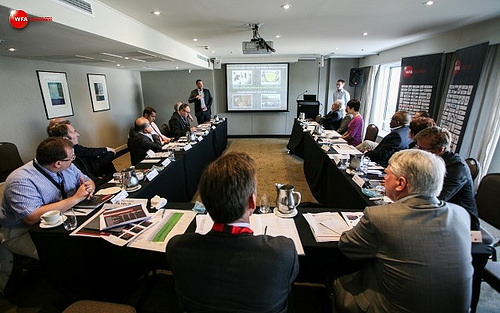Challenging market leaders
31/08/2012
Back to the overview
IMC Forum members shared their thoughts on what it takes to launch a challenger brand. Responses from five members, each working in different sectors, highlighted what works, as well as some potential pitfalls.
Some example success factors include:
Respondents to our survey also highlighted a number of pitfalls, including:
The concept of challenger brands was developed by Adam Morgan in his 1999 book Eating the Big Fish. He identified four characteristics of challenger brands: attitude, strategy driven by belief, a focus on a few schemes and a regular flow of fresh ideas to sustain momentum.
To access a wide variety of similar research, WFA members should visit the WFA's Global Knowledge Base (https://wb01.wfanet.org/en/knowledge/global-knowledge-base). If you have misplaced your username and password contact [email protected].
Sign up to monthly WFA news
Some example success factors include:
- Identifying a clear brand identity and ensuring your USP is promoted with clarity.
- Challenger brands need a promise that is “believable”, relevant and consistently deployed as part of an integrated marketing campaign.
- Focusing on one key target market that will be a primary source of business and carefully selecting media to reach out to this group.
Respondents to our survey also highlighted a number of pitfalls, including:
- Lack of patience can undermine even the best products, marketers should not expect great results overnight.
- Too much comparison with the market leader, the focus should be building the new brand's equity as well as the smart use of what will undoubtedly be a smaller budget.
- Not focusing hard enough on delivering a point of differentiation and understanding the target audience.
The concept of challenger brands was developed by Adam Morgan in his 1999 book Eating the Big Fish. He identified four characteristics of challenger brands: attitude, strategy driven by belief, a focus on a few schemes and a regular flow of fresh ideas to sustain momentum.
To access a wide variety of similar research, WFA members should visit the WFA's Global Knowledge Base (https://wb01.wfanet.org/en/knowledge/global-knowledge-base). If you have misplaced your username and password contact [email protected].
Sign up to monthly WFA news













































































